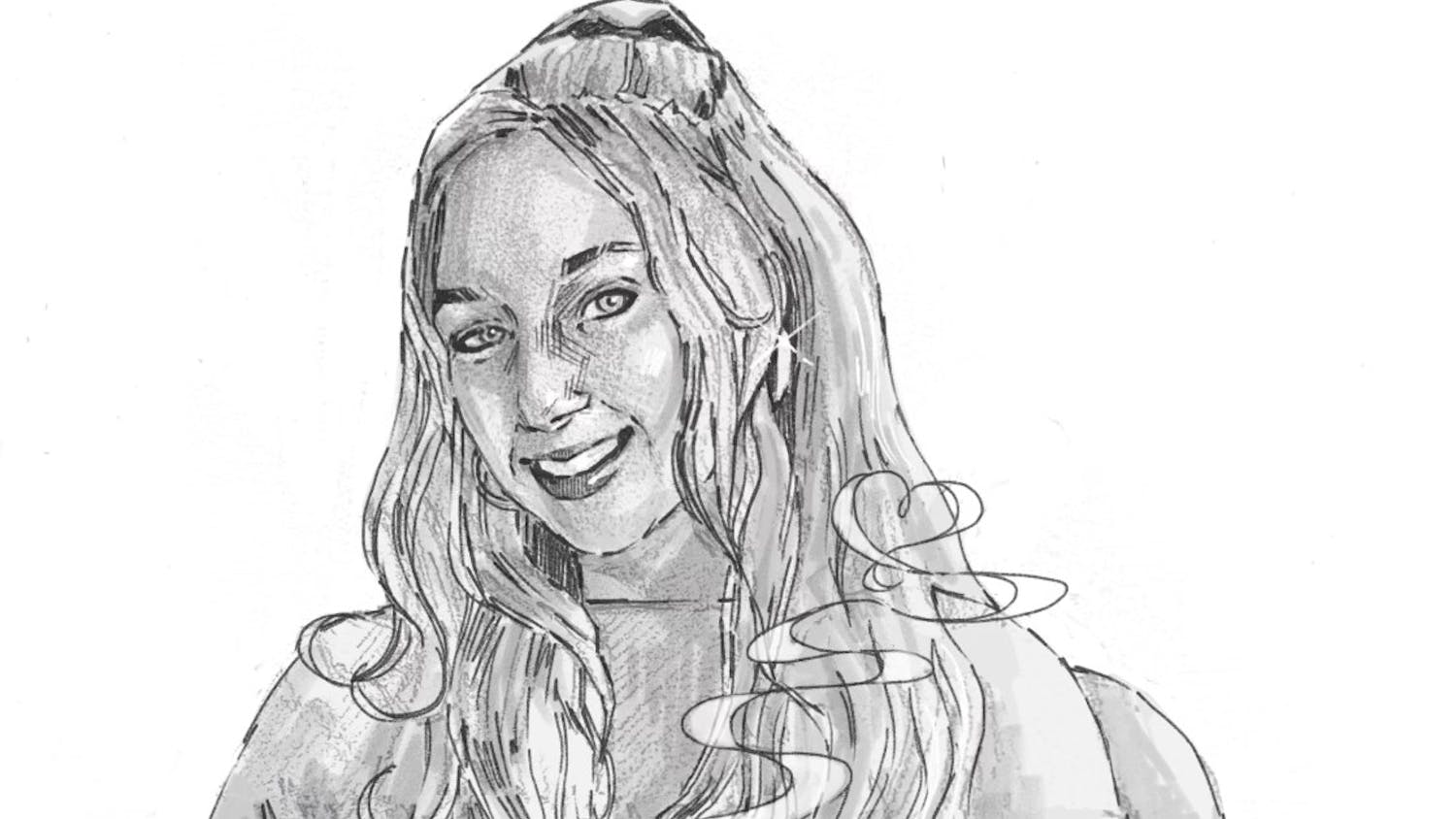By Elizabeth Zakaim
Reviews Editor
Something I learned during my two years here at the College is the importance of using my brain.
As a psychology major, I learned the importance of being a smart consumer of research by questioning the reliability and validity of different empirical articles and their findings.
I’ve learned even more from journalism, my second major, how crucial it is to be aware of the media’s validity. The infamous notion of fake news that’s fallen out of my mouth and the mouths of so many others illustrates a stark detail I’ve been overlooking –– it’s so easy to be consumed by fake news because I haven’t taken the time to look hard enough for the real facts.
This revelation only became more prominent as I listened to a guest speaker, Wendell Potter, give a speech at the College on March 21 about his experience as a former vice president of communications for the health insurance company Cigna.
Potter spoke of the corruption he admittedly helped spread to the public –– health insurance companies played a big role in shaping the public opinion of the Affordable Care Act. He described how 10 years ago, he and other public relations executives from health insurance companies campaigned, using policyholders’ premiums, against Michael Moore’s documentary ‘Sicko,’ which was made to shine a light on America’s inefficient healthcare system.
Cigna was one of many health insurance companies that didn’t want to air their flaws out in public where it would be more vulnerable to criticism. They considered their campaign a success: The documentary didn’t do well in theaters and their work aided in reinforcing the fear of government-run health care in the minds of Americans, according to Potter.
What was worse was the journalists, trained to sniff out fake news, never realized the insurance companies were shaping their opinions.
“During the entire campaign, not a single reporter had done enough investigative work to find out that the insurance industry was behind it all,” Potter said. “We had fooled everybody.”
I don’t blame the investigative journalists at the time. In hindsight, the ulterior motive is easier to identify. Still, it’s also easy to wish that someone had uncovered the corruption. It finally took a whistleblower like Potter to reveal just how deep the insurance companies’ influence went in a political and psychological sense.
Fake news is, unfortunately, old news. The good news, however, is that while we can’t stop people from deceiving others, we can become more informed on what sources we can trust and what experts to listen to. Potter ended with a message directed not at journalists, politicians or health insurance corporations, but at us: young college students.
“We the people need to become better informed and more engaged citizens,” Potter said. He warned us not to be cynical and to avoid thinking that the system is too rigged to be fixed.
He reminded us that he won’t be around forever –– we are the future, and we have the ability to think critically about our decisions and what news and other influences we consume.







